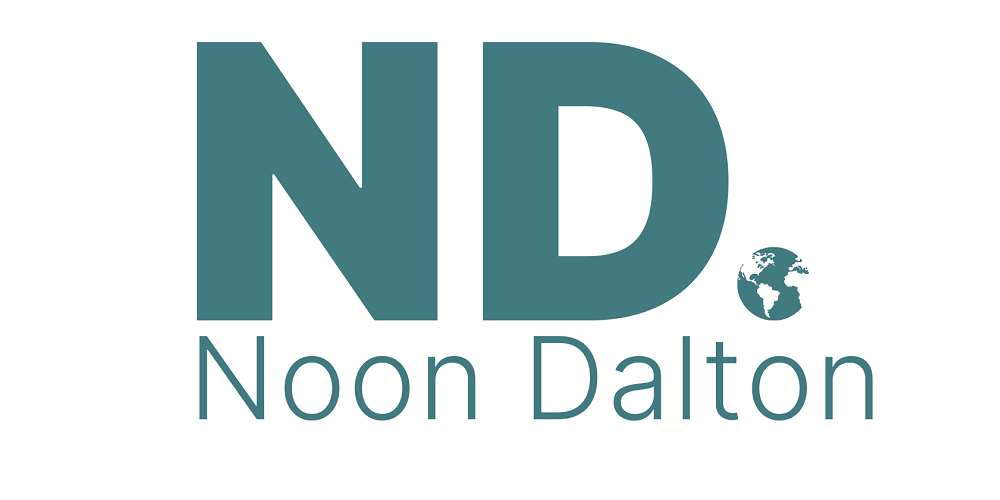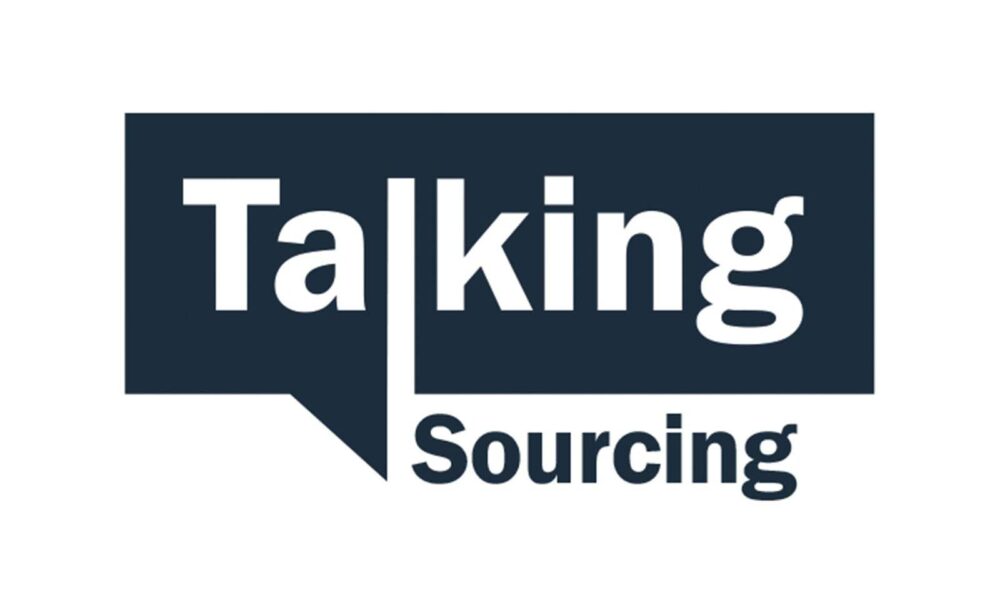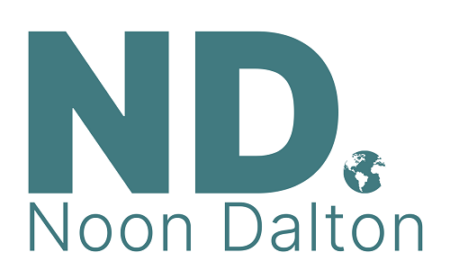In every business around the globe, team structures have long been the backbone that defines how work gets done and goals are achieved. Historically, traditional team structures have often been built around departments or functional roles. For instance, a typical company might have separate teams for marketing, finance, human resources, and operations. Each of these teams would have a blend of junior to senior members, all contributing to tasks that pertain to their department’s primary function. While this approach has its merits, providing clarity and a clear delineation of responsibilities, it may not always harness the full potential of individual skills within the organization.
Enter the concept of skill-based teams. Rather than assembling teams based strictly on departmental or functional lines, skill-based teams focus on grouping individuals primarily by their unique skills and expertise. It’s like creating a dream team, where each member brings a specialized skill to the table, ensuring that the team as a whole is highly competent, adaptable, and primed for specific challenges. This structure recognizes and capitalizes on the fact that in today’s complex business environment, expertise and specialized skills often hold the key to innovation and efficiency.
As we delve deeper into this topic, we’ll explore how skill-based teams compare with traditional models, the unique advantages they offer, and why many believe they represent the future of effective team organization.
The Evolution of Team Structures
The journey of team structures in organizational setups is both fascinating and reflective of the broader shifts in economic, technological, and societal landscapes. Let’s take a walk through this evolutionary path.
A Short History of How Teams Have Been Traditionally Formed
In the earliest days of organized business, especially during the industrial revolution, teams were often formed based on the principle of division of labor. As factories and manufacturing became the norm, workers were grouped by their specific roles in the production line. Everyone had a distinct, often repetitive task. This assembly line approach was effective for mass production and ensured that large quantities of a product could be produced in a short time.
As businesses grew and industries diversified in the 20th century, organizations started forming departments based on functions: sales, marketing, finance, human resources, and so on. These departments operated in their silos, with each having its hierarchical structure, from entry-level roles to department heads. Team structures were largely hierarchical, and communication often flowed top-down. The primary advantage was clear role definition; everyone knew their specific domain and responsibilities.
The Rise of Specialized Roles in the Modern Workforce
However, with the advent of the digital age and the increasing complexity of business operations in the late 20th and early 21st centuries, a significant shift began to emerge. The rapid pace of technological advancement meant that the breadth and depth of knowledge required in many fields expanded exponentially.
This surge in technological innovation led to the creation of many new, specialized roles. For example, within IT, instead of just having ‘computer operators’, organizations began to recognize the need for network specialists, cybersecurity experts, cloud solution architects, and data scientists, among others.
Moreover, the modern business environment, fueled by globalization, demanded agility. Companies faced challenges that were multifaceted and required a blend of skills to solve. This realization led to a blurring of traditional departmental lines. Project teams began to form with cross-functional roles, pooling in expertise from various departments to tackle specific challenges.
More recently, the idea of skill-based teams began to take root. Rather than being constrained by departmental boundaries, forward-thinking companies started to see the value in harnessing specialized skills, irrespective of the department. These teams became less about titles and more about what unique skills and expertise each member could bring to the table.
What Are Skill-Based Teams?
In an evolving business landscape, skill-based teams have emerged as a strategic way to harness collective expertise for specific challenges. But what precisely are they, and how do they differentiate from other team configurations? Let’s explore.
Explanation of What Constitutes a Skill-Based Team
A skill-based team is primarily formed based on the specific skills, expertise, and competencies of its members, rather than their job titles or hierarchical positions. The emphasis is on bringing together individuals who possess the necessary skills that align with a particular project’s requirements or a specific business challenge.
For instance, if a company is looking to develop a new mobile application, the skill-based team for this project might include a user experience designer, a mobile developer, a market researcher familiar with user habits, and a cybersecurity expert. None of these members need to come from the same department, but they are chosen because their combined skills are crucial to the project’s success.
In essence, a skill-based team operates on the principle that for any given problem, there exists a unique combination of skills that will provide the most efficient and innovative solution.
Difference Between Skill-Based Teams and Other Team Structures
- Functional Teams: Traditional functional teams are organized based on specific business functions, like marketing, finance, or HR. Each member of the team has a role within that function, and they work together to achieve function-specific goals. In contrast, skill-based teams are more fluid, comprising members from various functions brought together for a particular project or problem.
- Hierarchical Teams: These teams are defined by levels of authority, from managers to subordinates. Decision-making tends to be top-down. Skill-based teams, however, emphasize collaboration over hierarchy. While there might be a team leader, decisions are often made collectively, leveraging the unique expertise of each member.
- Cross-functional Teams: While these teams do pull members from various departments, they still often revolve around specific roles or job titles. Skill-based teams differ in that they prioritize the particular skills needed for a task rather than the broader roles individuals occupy in their respective departments.
- Self-directed Teams: These are groups that manage their tasks with a high degree of autonomy. While skill-based teams might operate with autonomy, the primary distinction is the basis of formation: specific skills for the latter and usually a blend of roles and expertise for the former.
In a nutshell, skill-based teams are a dynamic and adaptive response to the complex, specialized challenges businesses face today. They shift the focus from “Who is doing what?” to “What skills are needed to do this?” By valuing skills over titles and adaptability over strict hierarchy, they offer a promising pathway for innovation and problem-solving in the modern business landscape.
Benefits of Skill-Based Teams
The business world is rapidly evolving, and with it comes the need for more specialized and responsive team structures. Skill-based teams have risen to this challenge, offering a myriad of benefits that are transforming how projects are tackled and goals are achieved. Here’s a dive into the significant advantages of skill-based teams:
-
Depth of Expertise:
- Deep Dive Understanding:
Skill-based teams are characterized by their profound grasp of specific domains. When you gather individuals with specialized knowledge, they bring a depth that can’t easily be replicated in more generalist groups. - Quality Outcomes:
Their specialized knowledge often results in superior quality outputs, as the expertise ensures that nuances and details specific to the domain are meticulously handled.
- Deep Dive Understanding:
-
Efficiency and Productivity:
- Swift Resolutions:
Because team members have honed expertise, they can quickly identify solutions to problems within their realm, reducing time spent on trial and error. - Streamlined Processes:
These teams often have firsthand experience with best practices in their field, enabling them to streamline tasks and processes for maximum efficiency.
- Swift Resolutions:
-
Innovation:
- Frontline of Advancements:
Specialists are often at the cutting edge of developments in their field. By being in the loop of the latest research, tools, and methodologies, they introduce and implement avant-garde strategies and innovations. - Cross-pollination of Ideas:
When you gather experts from different domains, they bring varied perspectives. The convergence of these unique viewpoints can birth novel solutions and ideas that a more homogenous team might overlook.
- Frontline of Advancements:
-
Adaptability:
- Rapid Reconfiguration:
Given their specialized skill set, members can swiftly pivot their strategies based on evolving requirements, making the team as a whole more adaptable. - Resilience in Crisis:
Their deep domain knowledge allows them to foresee potential pitfalls and devise mitigation strategies, ensuring continuity even when unforeseen challenges arise.
- Rapid Reconfiguration:
-
Enhanced Collaboration:
- Shared Respect:
Within skill-based teams, there’s often mutual respect for each individual’s expertise. This respect fosters an environment where team members are more receptive to one another’s input. - Complementary Strengths:
Each expert’s strengths can complement another’s, filling in gaps and creating a well-rounded team. For instance, a data analyst might identify a trend that a product designer can leverage, resulting in a product that’s both innovative and data-driven. - Unified Vision, Diverse Approach:
While the team might share a unified goal, the diverse skill set ensures varied approaches to achieve it, enriching the process and outcome.
- Shared Respect:
Potential Challenges and Their Solutions
While skill-based teams offer a plethora of advantages, like any approach, they come with their set of challenges. Recognizing these potential pitfalls and actively addressing them ensures that the team operates efficiently while still reaping the benefits of specialization. Here’s a look at some of these challenges and how they can be mitigated:
-
Potential for Silos:
- The Challenge:
When experts huddle closely around their domain of expertise, there’s a risk of forming silos where communication with other parts of the organization dwindles. This can lead to disjointed strategies and missed opportunities for collaboration. - The Solution:
- Inter-departmental Meetings: Regularly scheduled meetings where representatives from different teams share updates and insights can break down walls and foster a collaborative spirit.
- Team-building Activities: Organizational events, retreats, and team-building exercises can help integrate various teams, encouraging open communication and camaraderie.
- The Challenge:
-
Over-specialization:
- The Challenge:
With deep dives into specific areas, there’s a risk that team members might become too tunnel-visioned, missing out on broader strategies or overarching company goals. - The Solution:
- Holistic Training Programs: While team members should be experts in their fields, they should also be given an overview of the company’s broader goals and strategies. Regular workshops that offer a big-picture view can be beneficial.
- Rotational Roles: Periodically rotating roles or assignments can give team members a broader perspective, ensuring they understand the interdependencies of their tasks with others in the organization.
- The Challenge:
-
Solutions to Foster Integration and Comprehensive Perspective
- Cross-training: While team members are experts in their domain, introducing them to basics in other areas can foster understanding and respect for other disciplines. For instance, a content creator could benefit from understanding the basics of SEO, or a developer might find value in user experience principles.
- Feedback Loops: Encouraging teams to provide feedback on each other’s projects not only improves the quality of work but also promotes inter-departmental understanding.
- Joint Projects: Teams can occasionally collaborate on projects that require a mix of their skills. This will encourage understanding and help in bridging any knowledge gaps.
In navigating the challenges of skill-based teams, the key lies in balance. Organizations must ensure that while they tap into the depth of expertise, they don’t lose sight of the holistic picture. Through strategic initiatives and a conscious effort towards fostering collaboration and broadened perspectives, companies can harness the best of both worlds.
The Smartest Way Forward
It’s crucial for growing businesses to stay ahead of the curve, continuously innovating and adapting to changes. Skill-based teams represent one such forward-thinking strategy, offering an array of benefits from in-depth expertise to heightened collaboration. These specialized teams, when set up with a clear vision, can be the driving force behind a company’s growth, ensuring that it remains agile, innovative, and efficient.
However, while internal expertise is invaluable, growing companies often find that scaling requires more than just an adept in-house team. Herein lies the synergy of skill-based teams and a robust outsourcing strategy. A multiyear outsourcing plan allows companies to augment their skill-based teams, bringing in external expertise and resources to address specific needs, manage workloads, and tap into global talent pools.
Outsourcing is no longer just a cost-saving strategy; it’s a strategic decision that propels growth. Partnering with the right outsourcing agency ensures that businesses get the best of both worlds: the expertise of skill-based teams and the scalability provided by outsourcing.
Noon Dalton stands out as the premier outsourcing partner in this regard. With a deep understanding of the dynamics of skill-based teams and a proven track record in aiding businesses in their growth journeys, our primary objective is to ensure that businesses not only grow but thrive. When combined with a visionary approach towards skill-based teams, partnering with Noon Dalton means equipping your business with a powerhouse of resources, expertise, and strategies tailor-made for success.











